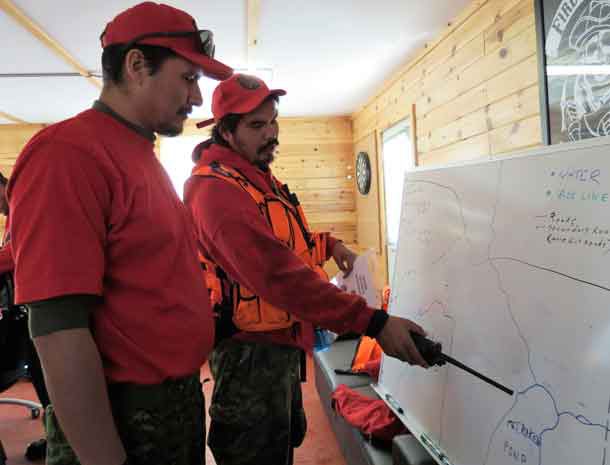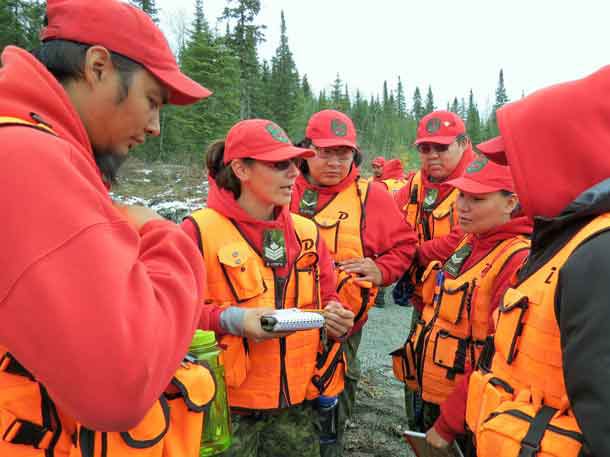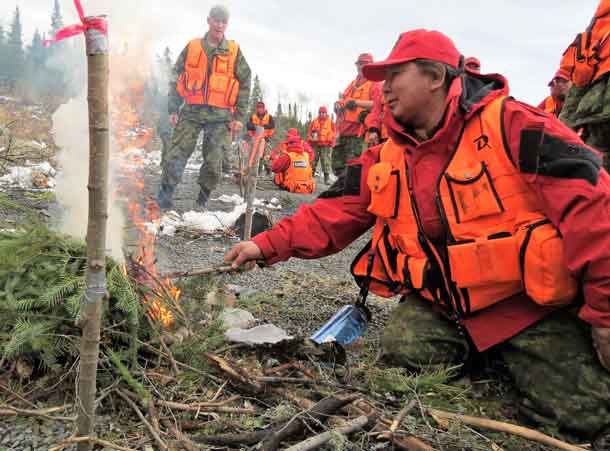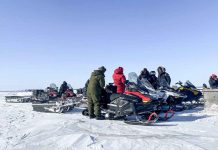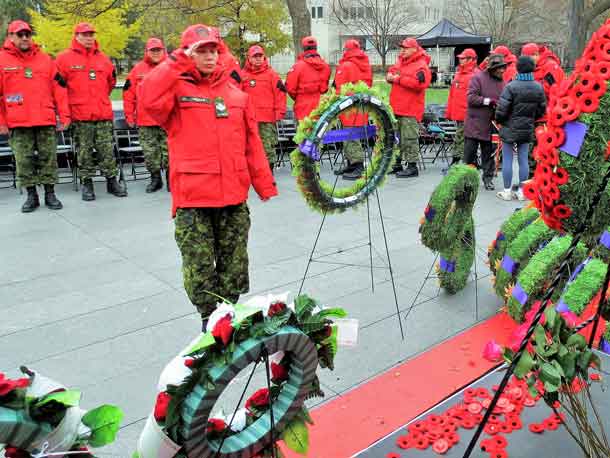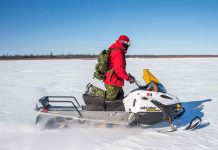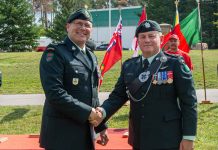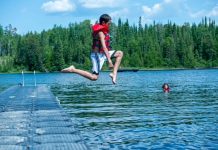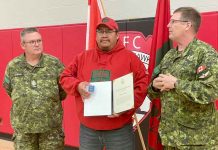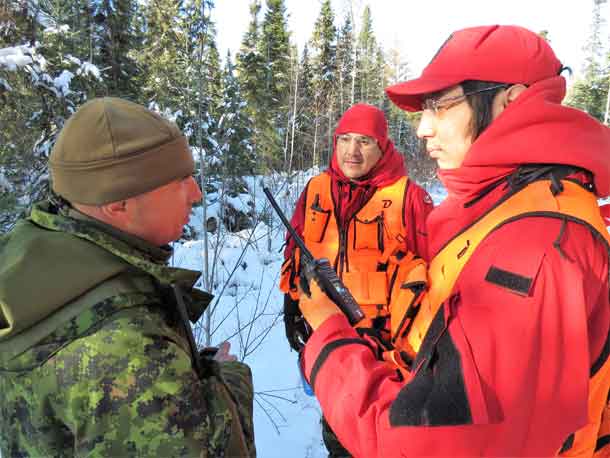
By Peter Moon
THUNDER BAY – Canadian Rangers from 13 First Nations from across the Far North of Ontario have completed a week of search and rescue training that taught both basic search skills and how to lead a search team.
“We ran two courses simultaneously,” said Captain Mark Rittwage, the officer commanding the 550 Canadian Rangers in 25 First Nations in Northern Ontario. “One was a basic search operator course for new Rangers and the second was a course we have developed for search team leaders, which we were running for the first time.”
The Rangers, who are part-time army reservists, are called out frequently in their remote territories to conduct searches for missing people, such as hunters and trappers. Many have completed specialized search and rescue training with the Ontario Provincial Police, who teach them how to be part of a search team and how to manage a search from a command centre. But they are not trained specifically in how to take a search team onto the land and lead it.
The Ranger training was conducted at Rinker Lake, an Ontario Ministry of Natural Resources and Forests forward fire attack base, 96 kilometers north of Thunder Bay. A third of the students were female Rangers. The Rangers taking the team leadership part of the training had to have successfully passed the OPP training course.
“If they are going out to search for someone in a life or limb situation,” Captain Rittwage said, “those Rangers are risking their life and limb to get to them. Whoever leads the search team of up to six Rangers has a tremendous responsibility. They have to make sure they and the team don’t get lost or harm themselves. We are giving them the qualifications and training to lead their searches safely and successfully.”
The training placed a heavy emphasis on planning before a search team heads out and learning how to give clear instructions, as well as navigational skills, using maps, compasses and GPS, and understanding a missing person’s likely behaviour.
“The training was a great success,” said Master Warrant Officer Barry Borton. “Thirteen of the Rangers completed the team leadership training. It made them appreciate everything that is required of them in that role. They are going to be great leaders in their communities.”
Corporal Shawn Roundhead said he learned a lot and looked forward to passing on what he learned to his fellow Rangers in his community of North Caribou Lake. “The army teaches you exactly how to do something and how to pace yourself,” he said.
The biggest challenges for many of the Rangers was having to get up each morning at 6 a.m. and not having access to the internet. But there were compensations. “The food was pretty good,” Corporal Roundhead said. “I liked it.”
